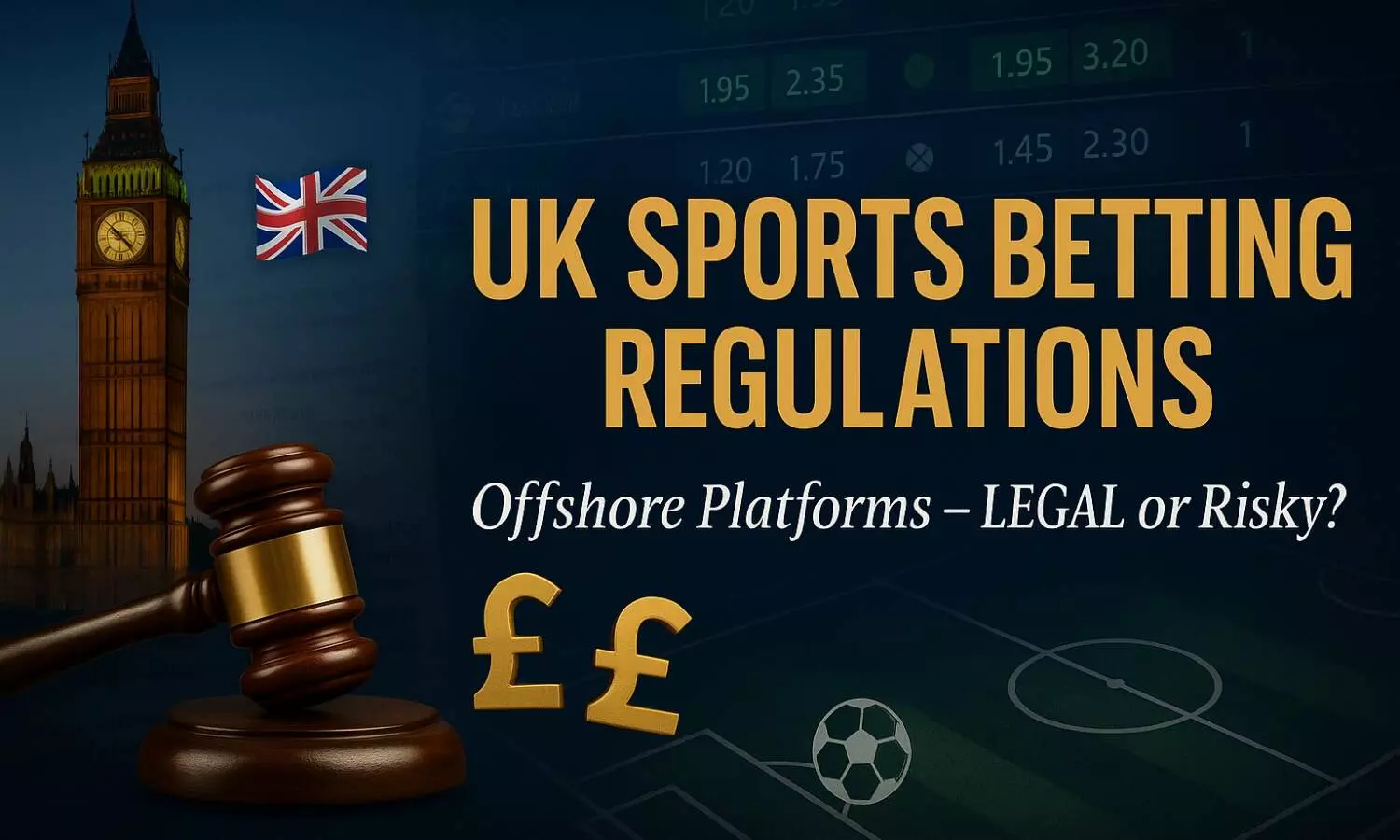
Sports betting today extends beyond simple wagers, it has become an analytical activity requiring data study, strategic planning, and financial management. Yet, from a legal standpoint, it falls squarely within the ambit of gambling regulation under the UK Gambling Act 2005. For policymakers, betting whether on sports or in casinos raises the same questions of consumer protection, addiction prevention, and financial integrity.
This unified treatment has led to stringent regulatory oversight by the UK Gambling Commission (UKGC), sometimes viewed as restrictive by seasoned bettors seeking operational flexibility. Such individuals occasionally turn to offshore alternatives operating outside the UK’s central self-exclusion framework, seeking fewer limitations. However, these alternatives raise important questions about legality, accountability, and consumer protection. Some bettors also explore guides that step into non-GamStop sports betting, analysing how these offshore options function in comparison to UK-regulated markets.
Legal Basis of UK Gambling Regulation
The UK Gambling Commission (UKGC), established under the Gambling Act 2005, is the primary statutory regulator responsible for licensing, compliance, and enforcement in all forms of gambling, including remote betting.
Its framework is guided by three key objectives:
- Preventing gambling from being a source of crime or disorder.
- Ensuring gambling is conducted in a fair and open way.
- Protecting children and vulnerable persons from being harmed or exploited by gambling.
The Gambling (Licensing and Advertising) Act 2014 further expanded this framework, requiring all remote operators serving UK customers to hold a UKGC licence, regardless of where their operations are based.
Principle of Self-Exclusion
The UK’s self-exclusion system operates under UKGC licence conditions and the Remote Gambling and Software Technical Standards.
It allows individuals to voluntarily block access to all gambling operators registered in Great Britain for a fixed period. Licensed operators must check every new account against this exclusion list before allowing participation (UKGC Guidance on Self-Exclusion).
This statutory linkage between licensing and exclusion ensures consistency across platforms and helps limit problem gambling.
Legal Grey Zone of Offshore Betting Sites
Despite clear domestic laws, some betting platforms are licensed abroad in jurisdictions such as Malta, Curaçao, or Gibraltar and therefore operate outside UKGC authority. These entities may fall outside the mandatory self-exclusion system and are sometimes described in the public domain as “non-GamStop” alternatives.
While such platforms may lawfully function under their home country’s law, they are not authorised to offer gambling services to UK residents without a UKGC licence. Under Section 33 of the Gambling Act 2005, it is an offence to provide gambling facilities to persons in Great Britain without a licence.
Moreover, Section 44 of the Gambling (Licensing and Advertising) Act 2014 prohibits advertising of unlicensed remote gambling aimed at UK consumers.
Therefore, participation in such offshore betting does not carry criminal liability for individual users but removes them from the protection of UK law, including fair-play guarantees, dispute resolution, and refund mechanisms.
Risks and Legal Implications for UK Players
- No Regulatory Protection – Players using unlicensed sites cannot seek redress through UK-approved Alternative Dispute Resolution (ADR) bodies.
- Cross-Border Enforcement Issues – Civil claims against offshore operators may be unenforceable under UK jurisdiction.
- Financial and Data Risks – Payments processed outside the UK may not comply with domestic banking and anti-money-laundering (AML) standards under the Money Laundering Regulations 2017.
- Advertising Violations – Promoting or facilitating unlicensed gambling may constitute a breach under the 2014 Act.
In short, such participation operates in a legally permissive but unprotected zone; a scenario where regulatory safety nets no longer apply.
Conclusion
The UK’s legal framework for gambling is among the most structured globally, prioritising transparency, accountability, and consumer safety. Offshore or self-exclusion-free platforms, though accessible online remain outside these protections.
Understanding this distinction is crucial. While the law does not explicitly criminalise users of foreign betting sites, it places full responsibility on individuals to verify the operator’s jurisdiction, licence status, and compliance with UK law. The choice between unrestricted play and regulated security ultimately reflects the broader balance between personal freedom and legal protection. For readers seeking updates on safer gambling options and trusted reviews, the Casino Peaches review updated for 2025 offers timely insights into emerging platforms and compliance trends.